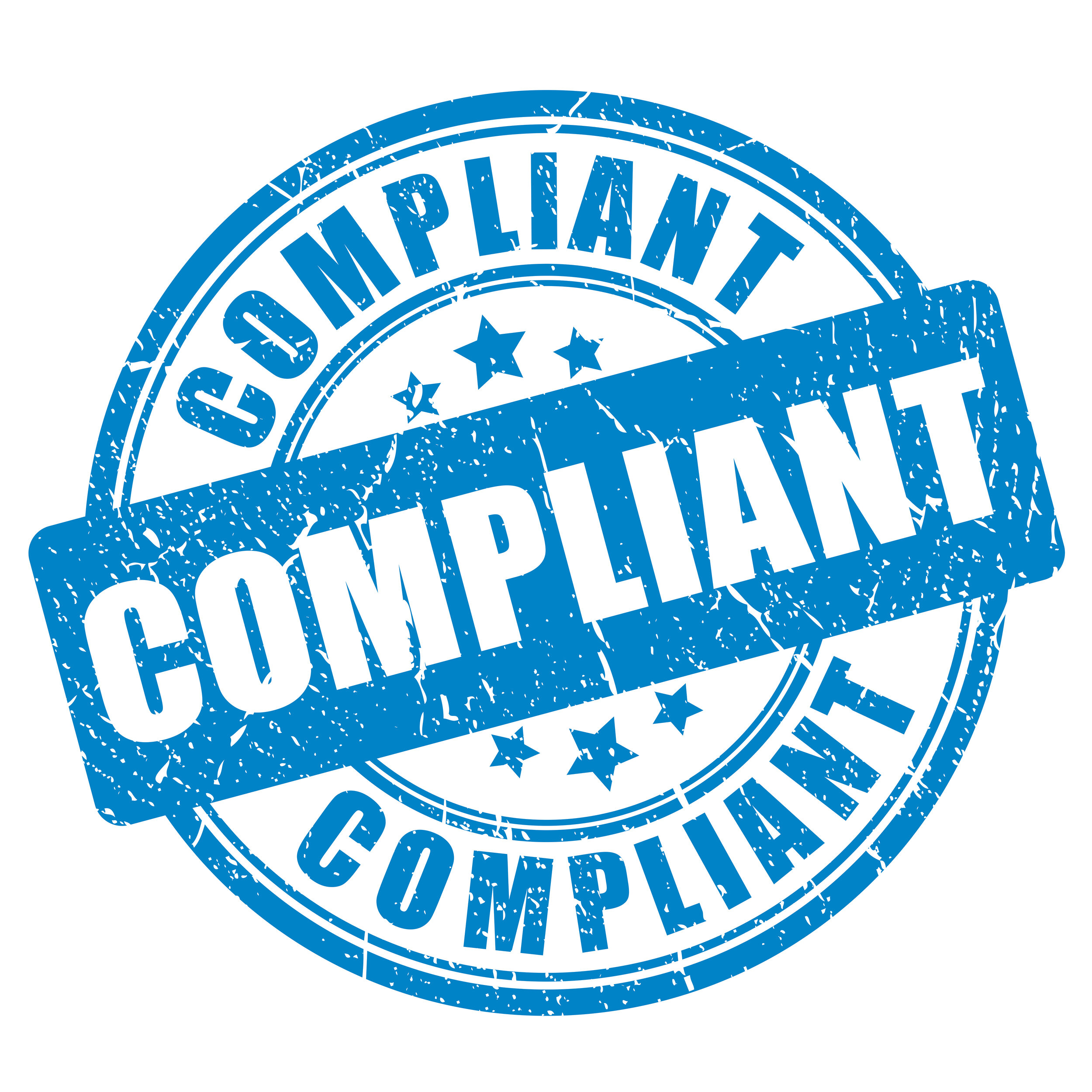eChalk Schools Lead in Website Accessibility for NYC

Congratulations to our NYC eChalk schools for meeting their website accessibility goals! As of the July 2020 deadline, 97% of New York City schools using eChalk met the NYC DOE interim goal for website accessibility, achieving a “5” or “4” (the highest grades on a 1-5 scale) on the DOE’s website accessibility scorecard. For schools using platforms other than eChalk, only 45% achieved a “4” or a “5”. In fact, out of the 289 schools that achieved a rating of “5” (the highest grade), the majority—155 schools—use eChalk’s CMS.
Figure 1: 97% of eChalk sites achieved a 5 or a 4 on the NYC DOE accessibility scale.
What do these high scores mean in practical terms? They mean that students, teachers, and parents with disabilities can access the information on eChalk sites easily. Specifically:
The average number of accessibility issues on each web page for eChalk schools’ websites is just 2.8, compared to an average of 17.1 accessibility issues per page for all NYC DOE schools.
eChalk schools using eChalk’s accessibility tool called GUIDE did even better, with just 1.7 accessibility issues per page.
Looking forward, the NYCDOE’s goal for the end of 2020 is to achieve an average web accessibility score of 5, meaning fewer than 3 weighted accessibility errors per page. eChalk schools are already there, with an average of 2.8 weighted errors per page!
What’s the secret? From our perspective, it comes down to three things: an accessible platform, attentive and knowledgeable technical support, and eChalk GUIDE. We have built accessibility into the eChalk platform, with native website accessibility features like built-in keyboard focus, automated header structuring, and color contrast to make it easier for people with disabilities to navigate our websites. We also provide eChalk schools with expert training on website accessibility so they understand the issues, along with ongoing service and support for questions that come up along the way. And eChalk GUIDE, our built-in accessibility tool, makes it easy for webmasters to find and fix existing accessibility errors and check new content before it goes live, so eChalk sites can continue to get better and better over time.
The other secret? Commitment and hard work on the part of the webmasters, Principals, and other leaders in eChalk schools. Providing information that everyone can access—regardless of disability—is a huge step toward to the city’s commitment to equity and inclusion. More importantly, it makes a huge difference to students, parents, and other members of the community who have disabilities that impact their capacity to retrieve information from the web. We salute your effort and the progress you made!
